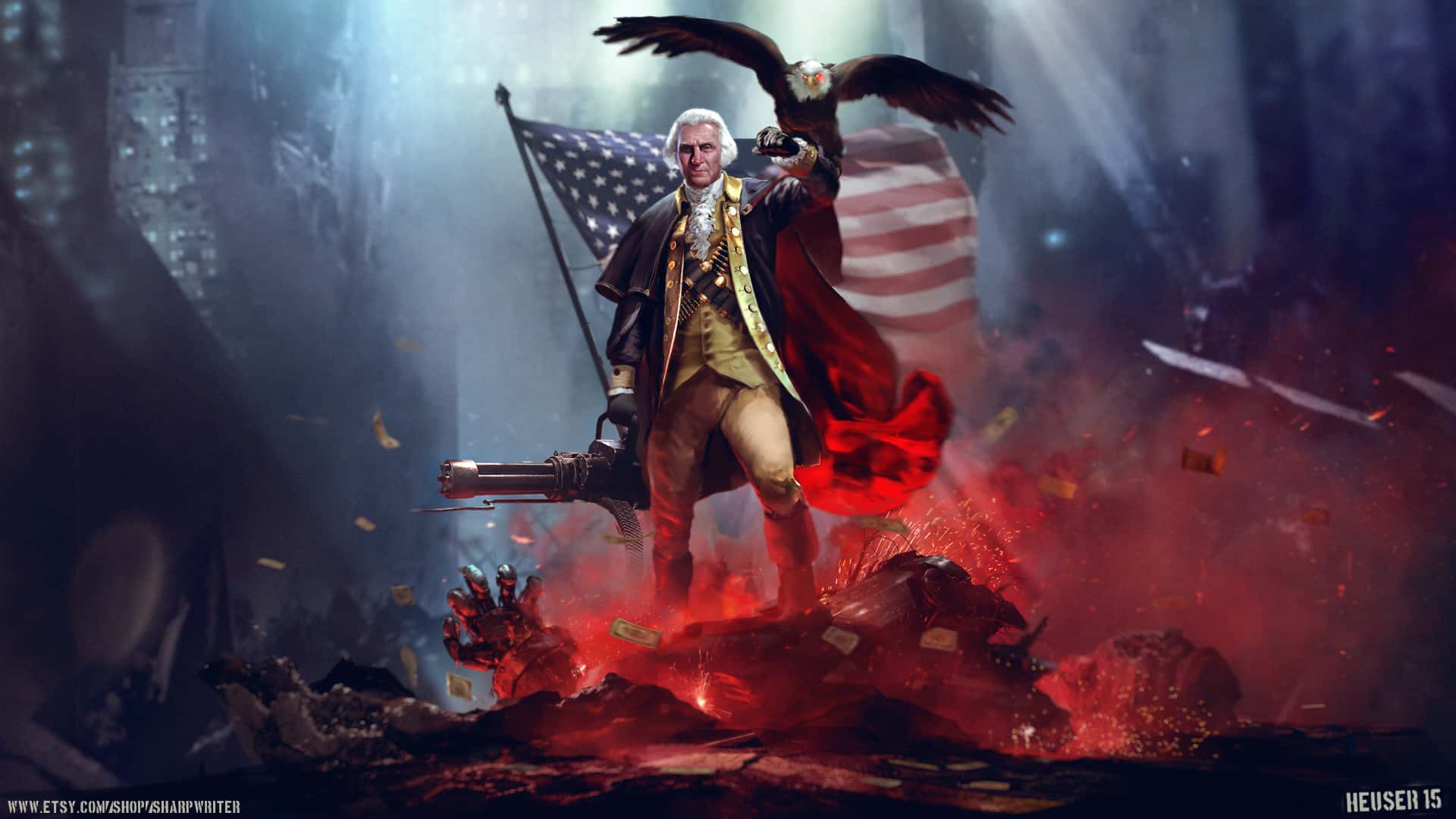What makes a badass? Depends on one’s definition and frame of reference. Generally, a badass is somebody who is tough and intimidating. Thus, within the frame of reference of today’s popular culture, badassitude is often ascribed to star athletes. Clutch players who bring home championship rings and trophies are badasses. Ditto, professional fighters who wreak havoc in the ring, racking up the ‘W’s and terrorizing opponents. Badassness also extends to actors, particularly those whose demeanor captures badassitude, or what Hollywood conditioned us to imagine badassitude looks like. For example, John Wayne was never a US Marine, but he did a great job portraying a grizzled Marine sergeant in Sands of Iwo Jima. Thus, many of his fans would label as “fake news” the fact that not only did he never serve, but that he actually used his connections to get out of military service during WWII.
None of the above is to detract from the badassness of such athletes or actors. Within their pop culture context and frame of reference, they are badasses. However, throughout most of history, badassitude was usually defined by different criterion, within different frames of reference. Mostly, but not always, revolving around violence. Lots of violence. History’s badasses earned their badass “cred” in literal life and death situations, in which their toughness and courage, physical as well as moral, earned them their place in history.

ADVERTISEMENT - CONTINUE READING BELOW
Following are ten of history’s biggest baddasses.

ADVERTISEMENT - CONTINUE READING BELOW
Alvin York Single Handedly Killed 28 Germans, Captured 132 More, and Seized 32 Machine Guns
When America joined WWI in 1917, there was little to indicate that Alvin York (1887 – 1964) would become one of the war’s greatest heroes. A devoted churchgoer from rural Tennessee, York read the Bible as prohibiting killing, so he became a pacifist. When he received his draft registration card, he requested an exemption as a conscientious objector.
His request was denied, and he was drafted, sent to boot camp, then assigned to the 82nd Infantry Division. In the 82nd, York got over his pacifism after his commanding officers used Biblical passages to convince him of the morality of fighting for a just cause. He was shipped to France, and by October of 1918, York had been promoted to corporal.
He was sent in a party of 4 non-commissioned officers and 13 privates to infiltrate German lines and silence a machine gun position. However, the German position turned out to be far stronger than intelligence had indicated. As York’s party made its way through broken terrain, they entered the killing fields of over 35 well hidden machine guns. They opened up, and within seconds, nine GIs, including the other three non-commissioned officers, had been cut down.
York suddenly found himself the most senior non-com, in charge of the survivors. As he described what happened next: “You never heard such a racket in all of your life. … As soon as the machine guns opened fire on me, I began to exchange shots with them. There were over 30 of them in continuous action, and all I could do was touch the Germans off just as fast as I could. I was sharp shooting. … All the time I kept yelling at them to come down. I didn’t want to kill any more than I had to. But it was they or I. And I was giving them the best I had.”
ADVERTISEMENT - CONTINUE READING BELOW
The best he had was amazing. From a standing position, then from a prone position, York simply drew beads with his rifle on any German heads that popped up, and put them down like it was target practice. All while a hail of bullets from dozens of German rifles and machine guns were directed his way. York’s rifle eventually ran out of bullets, so six Germans took the opportunity to charge him with bayonets. He took out his .45 pistol, and shot all six before they reached him: “I teched off the sixth man first; then the fifth; then the fourth; then the third; and so on. That’s the way we shoot wild turkeys at home. You see we don’t want the front ones to know that we’re getting the back ones, and then they keep on coming until we get them all“.
The Germans finally had enough of the killing machine that none could seemingly halt. An officer raised his hands, walked up to York, and told him “If you don’t shoot anymore, I will make them give up“. That was fine by York. When it was over, he had single handedly killed 28 Germans, captured 132 more, plus 32 machine guns. The exploit earned him the Congressional Medal of Honor, and made him the war’s greatest American hero.

